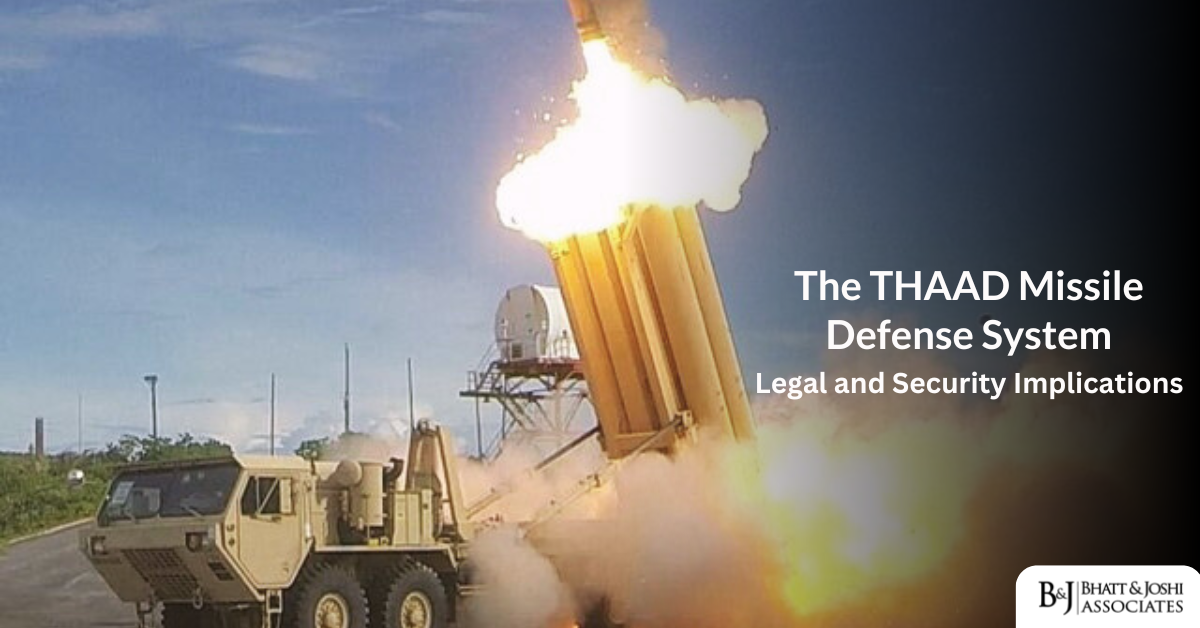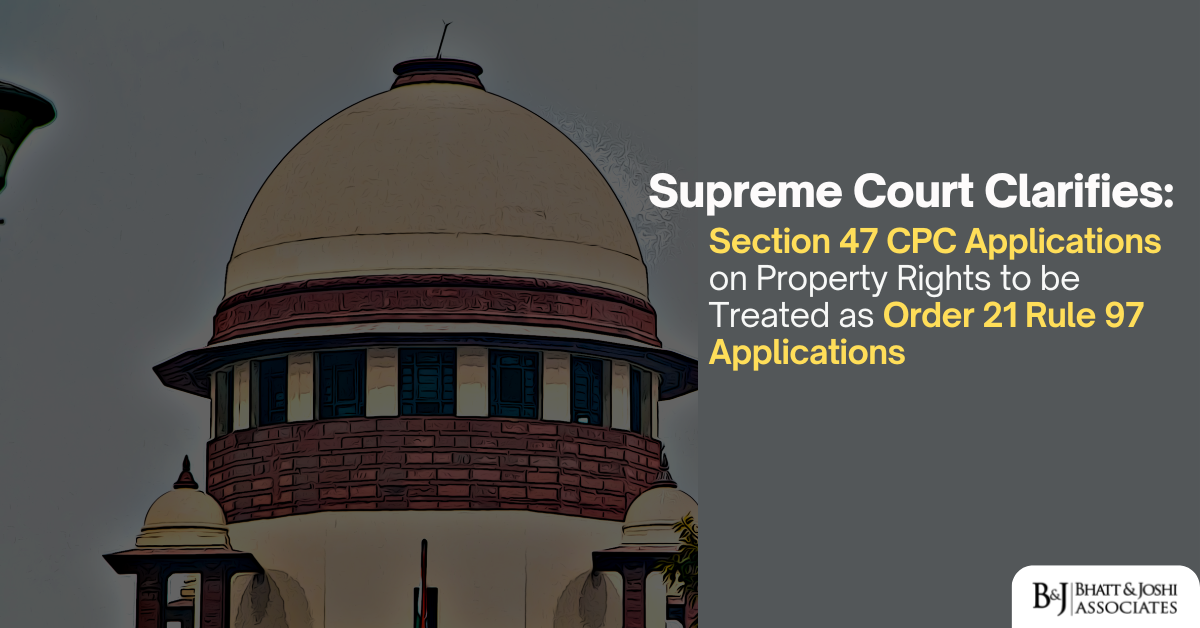Introduction
The recent G20 summit has ignited a debate that transcends mere diplomatic formalities. When the invitations were sent out, they bore the name “Republic of Bharat” instead of the internationally recognized “Republic of India”. A seemingly small change carries significant legal and cultural implications, sparking queries about the nation’s global identity.

Historical and Cultural Context: The Role of Identity in National Unity
Article 1 of the Constitution of India, 1950, states, “India, that is Bharat, shall be a Union of States.” This dual nomenclature is not a mere legal formality; it serves as a mirror reflecting India’s rich history and diverse culture. Ancient Vedic texts root the name “Bharat,” and people believe it derives from King Bharata, a legendary figure in Hindu mythology. This name holds great cultural and historical significance in the Indian subcontinent, with implications reaching far beyond its mere designation.
The Concept of a Nation-State
A nation-state is not merely a geographical entity defined by territorial boundaries. Rather it is a complex construct that encompasses shared history, culture, language, and values. The concept of a nation-state goes beyond administrative governance to include a collective identity that binds its people together. This identity often serves as the glue that fosters national unity and social cohesion.
The Role of Cultural and Historical Identity in National Unity
Cultural and historical identities play a pivotal role in fostering national unity. They serve as the bedrock upon which nations are built, providing a common ground that unites diverse populations. Cultural symbols, narratives, traditions foster belonging, pride beyond regional, ethnic disparities.
Global Examples: Successes and Failures
Success: Japan
Japan serves as an example of how a strong cultural and historical identity can foster national unity. Despite its geographical limitations and lack of natural resources, Japan’s strong sense of cultural identity has made it one of the most cohesive and prosperous nation-states in the world.
Failure: Yugoslavia
On the other hand, the dissolution of Yugoslavia serves as a cautionary tale of how the lack of a unifying cultural and historical identity can lead to the disintegration of a nation-state. A diverse nation with various ethnicities, languages, religions lacked a unifying identity, resulting in eventual fragmentation into smaller entities.
Implications for India
For India, the name “Bharat” is not just a term; it is a symbol laden with historical and cultural significance. Embracing this name could serve as a powerful unifying force, providing a common identity that celebrates the country’s rich cultural tapestry and historical lineage. This could potentially strengthen national unity, providing a cohesive foundation upon which to build a prosperous future.
Thus, the name “Bharat” carries with it a rich tapestry of cultural and historical significance that has the potential to foster national unity. The shared identities of its people deeply roots from the concept of a nation-state, not merely geographical boundaries. As seen in global examples, the success or failure of a nation-state can hinge on the strength of this collective identity. Therefore, the move to officially recognize India as “Bharat” could serve as more than a symbolic gesture; it could be a step towards creating a more unified and cohesive nation.
Constitutional Amendment vs Constitutional Resolution
The debate over the official name of the country brings us to a legal crossroads: should the name be changed through a constitutional amendment or a constitutional resolution? Both methods have their own merits and challenges, which we will explore in detail in subsequent articles.
Legal Implications of “Bharat”
Changing the name of a country is not a trivial matter. It has far-reaching legal implications, including potential challenges in international law. Moreover, such a change would necessitate alterations in various legal documents, treaties, and agreements to which India is a party. The international community’s recognition and acceptance of this change would also be a matter of concern.
Conclusion
The G20 summit invitation has served as a catalyst for a much-needed discussion on identity of India, or should we say, Bharat. The debate is not merely about a name, but touches upon the very essence of the nation’s history, culture, and legal structure. As we delve deeper into this issue in the upcoming articles, we will explore the legal pathways for such a change and the cultural significance that the name “Bharat” holds for the people of India.













